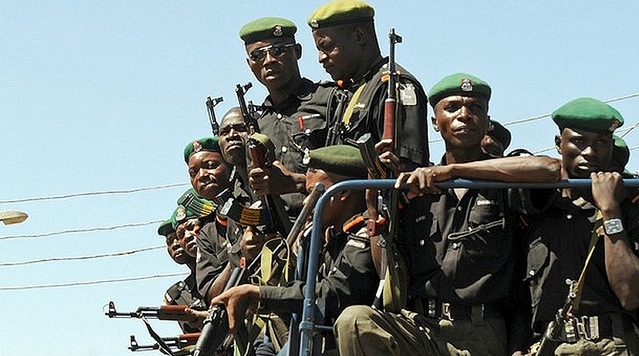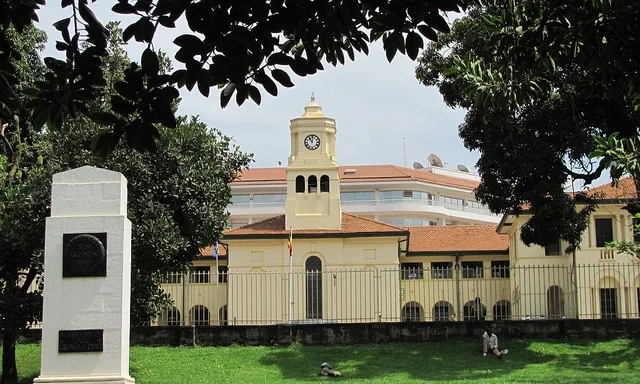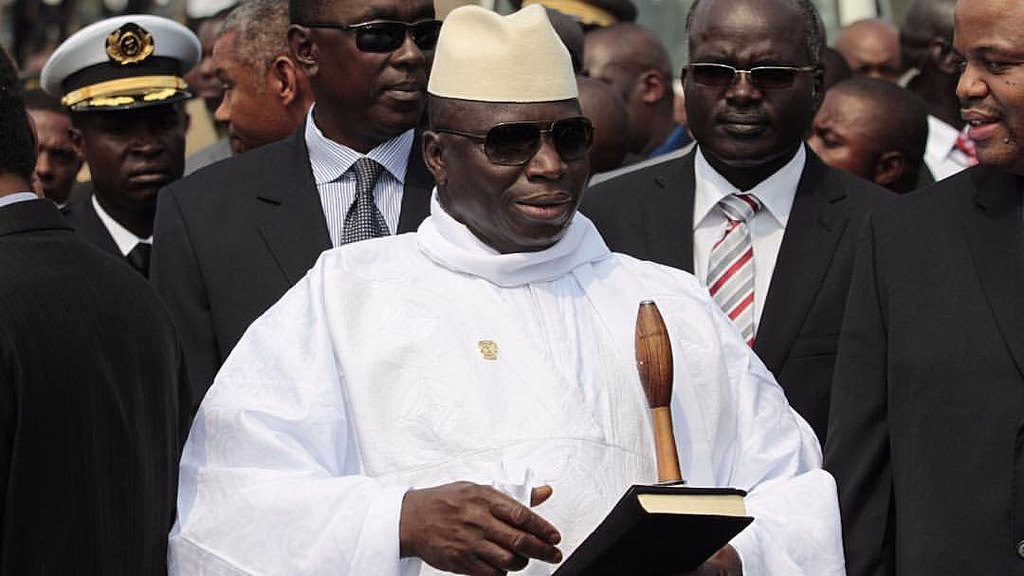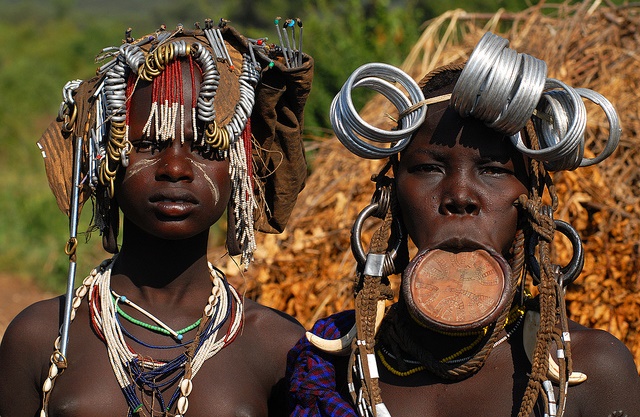While it is not unusual for African countries to have a heavy influence of non-native cultures and languages due to colonialism, China has never been one of these. When one thinks of Africa and the historic problems which currently beset it, many of these problems are inextricably connected to 19th century European colonialism during which Britain, France, Portugal, Germany, and Belgium to name a few, used military aggression to implement imperial agendas.
Most African nations and governments resisted colonization, but were crushed in the ensuing effort due to a lack of military prowess or weaponry. Other liberation efforts were undermined by leaders who colluded with the imperialists for their personal aggrandizement and that of their cohorts. They became willing participants and puppet governments facilitating the theft of natural resources such as gold, diamonds, timber, oil and gas, etc. African countries with the most abundant and coveted resources continue to struggle against foreign influences and manipulation which foment continuous instability devised to advance neocolonialists agendas.
This is one of the things which makes Ethiopia unique. Starting in the 1880s Italy tried to annex Ethiopia, which was then known as Abyssinia, but was repeatedly thwarted. Then, on 3 October 1935, the fascist leader Benito Mussolini ‘ordered a new invasion and on 9 May of the following year [Ethiopia] was annexed.” But, unlike other African nations, Ethiopians never accepted the yoke of tyranny and on 5 May 1941, Ethiopian regained its sovereignty under Emperor Haile Selassie.
During all of this, China had yet to expand its imperialistic aspirations beyond the Asia, however, in the latter part of the 20th century this changed when the government initiated a long-term strategy to increase its business and land holdings in Africa. China's influence in Ethiopia can be attributed in part to globalization, though it is also possible that this term is just a euphemistic cover for more nefarious motives. No matter the intention, China's influence in Ethiopia has led to several developments, most recently the construction of a 460-mile railway connecting Ethiopia to the Republic of Djibouti.
The train terminates in the capital, Djibouti City which is on the coast of the Gulf of Tadjoura, strategically located and which provides access to both the Red Sea and the Gulf of Aden. While the primary purpose of this railway is to decrease the amount of time required to transport products and people to and from this important port, when viewed within the larger context, it is yet another mechanism by in program by China and other nations to engage in 'land grabs.' Unlike the overt appropriation of land by European colonialists, China and other neocolonialists are subtler in their acquisition strategies by promising equitable compensation.
Instead of force, they bring gifts, or rather the promise of economic prosperity, which the government benefits from, but the local and indigenous people who are most affected are the least rewarded. China is Ethiopia's largest importer and the African continent's biggest trade partner. While this is great for China, as it has formed amicable relationships with many countries that have abundant natural resources, these benefits are not reciprocal. In Ethiopia, China benefits by being able to purchase large swaths of land, however, forcing the relocation of the Oromo and Amara among others.
Additionally, the displaced citizens are not trained for non-agrarian or non-rural job opportunities, leaving many of them to retreat to Addis Ababa where they live on the absolute fringes of society. Also, the Ethiopian government has failed to enforce any types of quotas on the Chinese which would cause them to hire local people. Thus, many jobs related to China’ expansion into the country are being worked by Chinese immigrants, which further exacerbates the issue of high-employment.
Furthermore, many of local goods such as clothing, housewares, shoes, etc. are now being imported from China at such an inexpensive cost that it has all but decimated the local economy. For example, if you go to an Ethiopian market and look at the tags on traditional Ethiopian dresses, many will read 'Made in China.' This is extraordinarily strange as the clothing is "traditional" to Ethiopia and thus one would assume would or could only be made locally, using age old techniques, and customary fabrics.
Thus, the railway to all outward appearances is a good thing, a progressive indicator which signals Ethiopia’s ascendancy in the global arena. And, were the Ethiopian government in complete control or even the majority shareholder in these economic endeavors, this could portend the possibility of remaining independent. But, this is not the case, and regarding the railway which is a vital tool in an economic arsenal, this is most evident by the fact only Chinese workers are employed to work back-end as technicians, and in forward facing positions such as conductors, with the vague promise that Ethiopians will be trained in the future to take over these roles.
Furthermore, the railway, which cost upwards of $475 million, was constructed and funded in full by China. Meng Fengchao, the board chairman of China Railway Construction Corp, the company that built the railway, stated that the train system is the first railway built outside of China, which was constructed in accordance with the strict rules, guidelines, and standards for railway construction in China. This successful completion and launch of this railway is a big deal for China especially because it accomplished this feat in Ethiopia, a country in the Horn of Africa which many in the West have only known historically as a place of famine and war.
China’s willingness to negotiate with governments which do not view Communism with the same abhorrence as Western nations, provides it with additional opportunities to expand its geopolitical footprint while simultaneously, but quietly annexing more land. Some speculate that China is becoming increasingly smitten with African countries because it plans to move large numbers of its citizenry to the Continent as part of a long-term effort to reduce its current overpopulation. However, empirically it could also be surmised by the number of Chinese workers who still live in Ethiopia post-construction, as well as the estimated 20,000 who live and work in other capital cities like Lusaka, Zambia, that the unchecked immigration of Chinese laborers is a calculated program in their neocolonialist push.
Speculation aside, China's influence in Ethiopia and its subsequent construction of the railway is monumental for Ethiopia. The country's nascent connection to the sea through this railway is a historic milestone as Ethiopia has been landlocked since Eritrea’s succession in 1991. As with all advances, there are winners and losers, and in the immediate, Ethiopia’s infrastructure is being improved, and in the long-term -- perhaps one day these railways may cut across the Continent transporting goods and services, reuniting people and cultures torn asunder by European colonialism, and connect African countries each to the other in a way that can prognosticate a fully realized African Union.
Until then, Ethiopians and immigrants are happy to be able to have access to a safe, modern, and well-constructed railway system which now expands their living space and horizons. Though train stops and other announcements are now spoken in English, Amharic, and Chinese, in its purity it is wondrous evidence that people from every nation are becoming less isolated and participating more fully as global citizens.
































